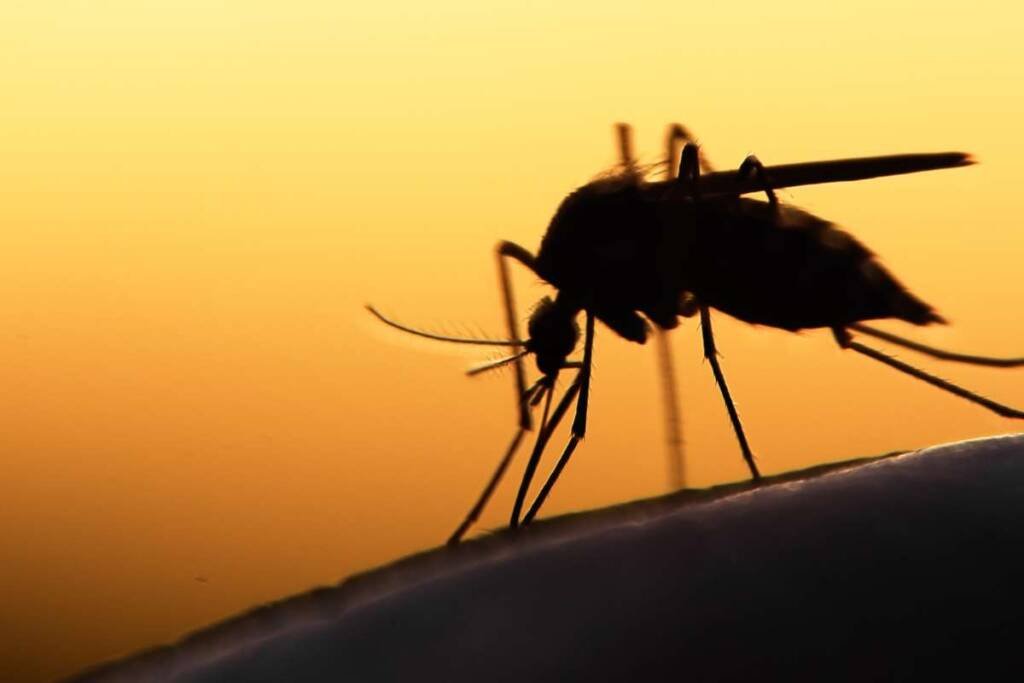Source: Takeda
Takeda announced on 11 July that it is withdrawing its application for the dengue vaccine candidate, TAK-003, from the FDA after a lengthy review process.
The decision was made because the FDA requested additional data that were not included in the Phase III TIDES trials, which were used for the application. Takeda stated that it could not fulfill the agency’s requirements within the current review cycle.
Takeda is now exploring its options and will need time to fully assess the requirements for resubmission in the United States. Meanwhile, TAK-003, also known as Qdenga, has already received approvals in Europe, the UK, Brazil, Argentina, Indonesia, and Thailand. Takeda will continue seeking approvals for Qdenga in other regions while determining the next steps in the US, according to Gary Dubin, M.D., the president of Takeda’s vaccines business unit.
Takeda had high hopes for the two-dose dengue vaccine as a growth driver, especially in light of upcoming patent expirations in its pharmaceutical portfolio. The company had projected peak sales of the vaccine between $1.6 billion and $2 billion in 25 countries, compared to the previous estimate of $700 million to $1.6 billion. Takeda had even made capacity expansions in anticipation of strong demand.
Qdenga aimed to be an improvement over Sanofi’s Dengvaxia, which faced safety concerns and is now limited to use in children aged 6 to 16 who have evidence of previous dengue infections and live in endemic areas. Unlike Dengvaxia, Qdenga did not demonstrate a significant risk of dengue amplification in individuals without prior dengue virus exposure.
“Our clinical program was designed to account for the complex global nature of dengue, and data from our 4.5-year trial has built confidence in TAK-003’s ability to help provide long-term protection against dengue, with a positive benefit and risk profile regardless of baseline serostatus. The urgent global need to combat the growing burden of dengue remains, and we will continue to progress regulatory reviews and provide access for people living in and traveling to dengue-endemic areas while we work to determine next steps in the U.S.”
- Gary Dubin, M.D., president of Takeda’s Vaccines Business Unit
The FDA had granted priority review status to Qdenga’s application in November, which typically takes less than six months, compared to the standard 10-month review. The TIDES trial, which spanned several years, involved over 20,000 individuals receiving at least one dose of Qdenga. Given the large scale of the trial and its locations in dengue-endemic regions of Latin America and Southeast Asia, the review process naturally required more time.
The FDA did not raise any concerns during its inspections of the clinical trial sites but requested additional data that were not part of the TIDES trial design. Takeda stated that the trial design had been previously reviewed and accepted by the FDA.
Despite the setback, Takeda remains committed to bringing Qdenga to market and will navigate the implications of this decision, particularly as its other pharmaceutical products, like Vyvanse, approach patent expiration. In long-term exploratory analyses, Qdenga demonstrated 84% efficacy in preventing hospitalizations and 61% efficacy in preventing symptomatic dengue illness after four and a half years. In the initial primary analysis, the vaccine showed approximately 80% effectiveness against virologically confirmed dengue cases at 12 months.





























